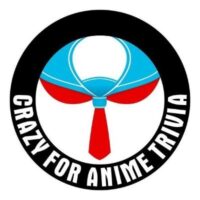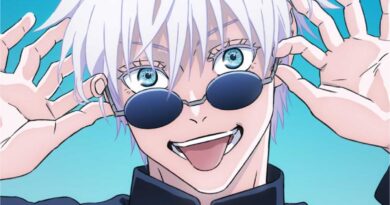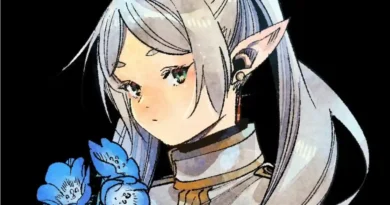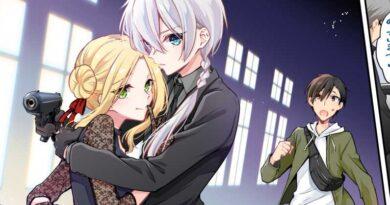Eizouken author speaks about his disabilities and gender identity
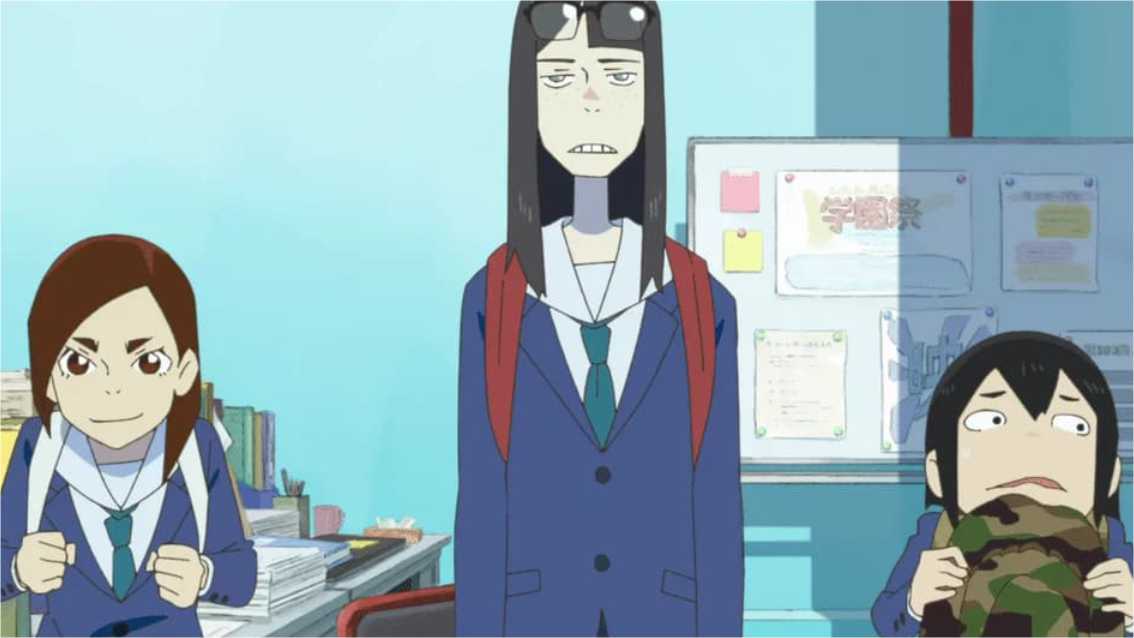
The author of Eizouken, Sumito Owara, was accused of mocking political correctness on Twitter. Troubled by this comment, he wrote a lengthy tweet detailing his past life, as well as physical and mental disabilities, and gender identity.
Accused of mocking political correctness, Eizouken author speaks about his disabilities and gender identity
The author of Eizouken begins the tweet by giving details about his personal life:
“This is a human story. I am a person with disabilities.
My mother has a physical disability, missing a leg, and my sister had suspected developmental disabilities since childhood and began going to the hospital for it.
After my sister, my father was diagnosed with developmental disabilities and ADHD and obtained a disability certificate. Several years after my family (during high school), I, who couldn’t write kanji, wasn’t good at reading, and was also terribly bad at math, obtained a disability certificate for my learning difficulties. Thus, everyone in my family ended up having their own disability certificates.
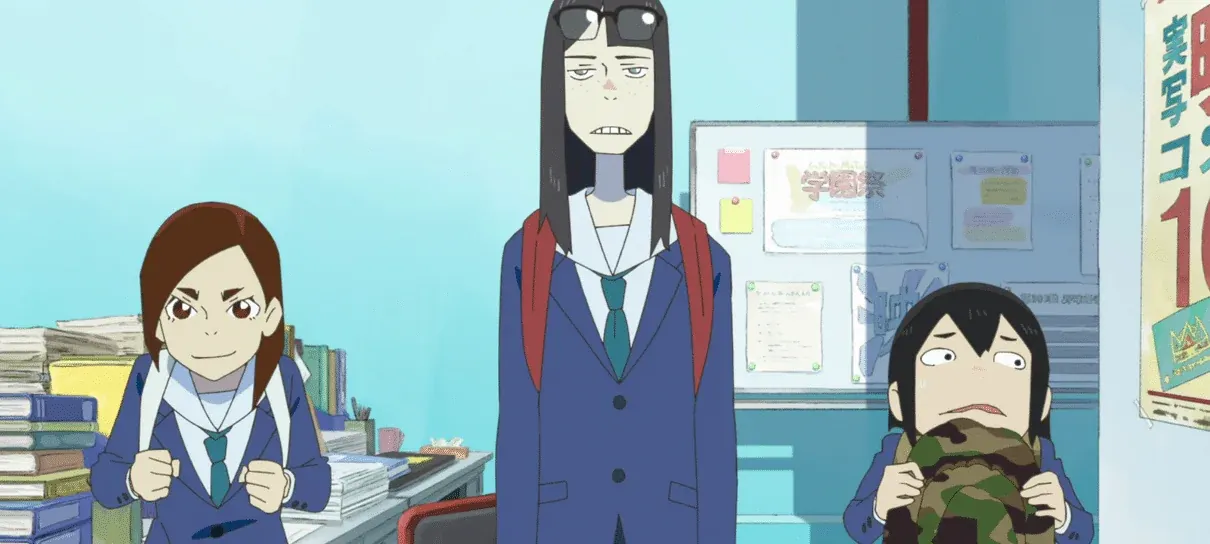
Now the author of Eizouken begins to talk about his life during school:
“There were all sorts of people in school. I put a lot of negative energy into it and received a lot of it as well, I think. I suffered from bullying and also had trouble keeping up with some of my studies, which led me to skip classes.
Now Sumito Owara talks about the issue of gender identity and how it affected him in school:
“Even though I was a boy, I liked cute things like hamsters and stuffed animals, but in elementary school, for the first time, a girl told me, ‘That’s for girls.’ My gender identity is unstable, and my sense of belonging to my gender is small; I only identify as a man because my body is male.”
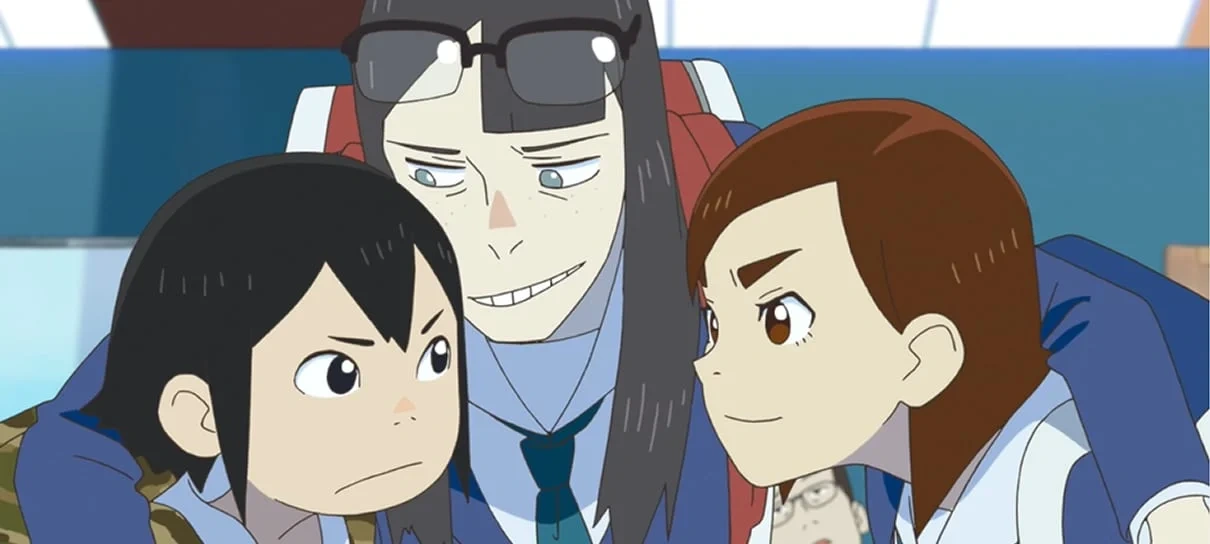
He continues:
“I don’t know if this has anything to do with my upbringing, but since elementary and middle school, I preferred unusual types of characters and unexpected developments to predictable stories and characters with familiar roles.
Now I’m writing like this in the stories I draw myself. I mix in the realism I felt instead of the conventional standard. Something is happening with the main characters, and the school is full of people from various backgrounds.”
The good thing about Japanese stories is that there is no effort to impose an agenda or be politically correct. Everything happens naturally, and this pleases many people.
“I chose to do this not because society demands politically correct expression, but because of my own background. And at the same time, I feel that I belong to a generation for whom such (inclusive) expressions are a ‘normal thing.’
What we, as humans seeking political correctness in expression, ultimately aspire to is a stable state where people naturally respect each other without political considerations. I believe that my generation is naturally developing in this way. I am not denying the need for political correctness with this statement.”
The author of Eizouken was accused of mocking political correctness, which led him to make this statement:
“The criticisms I received were probably a misreading of what I wrote as: ‘I don’t need political correctness. I know enough about diversity, and what I wanted to say was exactly the opposite.
I’ve seen several tweets like these before: ‘The author of Eizouken, I don’t remember what it was, but I think he was mocking something,’ ‘I won’t buy Eizouken’ or ‘The author mocks feminism.’
I was more than a little upset by these reactions. I haven’t lived my life in a way that would allow me to mock any gender, nationality, or disability.
I’ve come to consider the lives of many people, not just my own perspective. I’ve lived my life for over 20 years, trying to deepen my understanding of others by juxtaposing and comparing them. That’s why I continue to write with an obsessive focus on ‘human beings.'”
The author of Eizouken concluded his statement with the following sentence: “I try to live my life in a way that does not insensitively laugh at anyone.”
via VOCÊ SABIA ANIME
Assine a Você Sabia Anime aqui ou doe qualquer valor para nos ajudar no pix [email protected]
